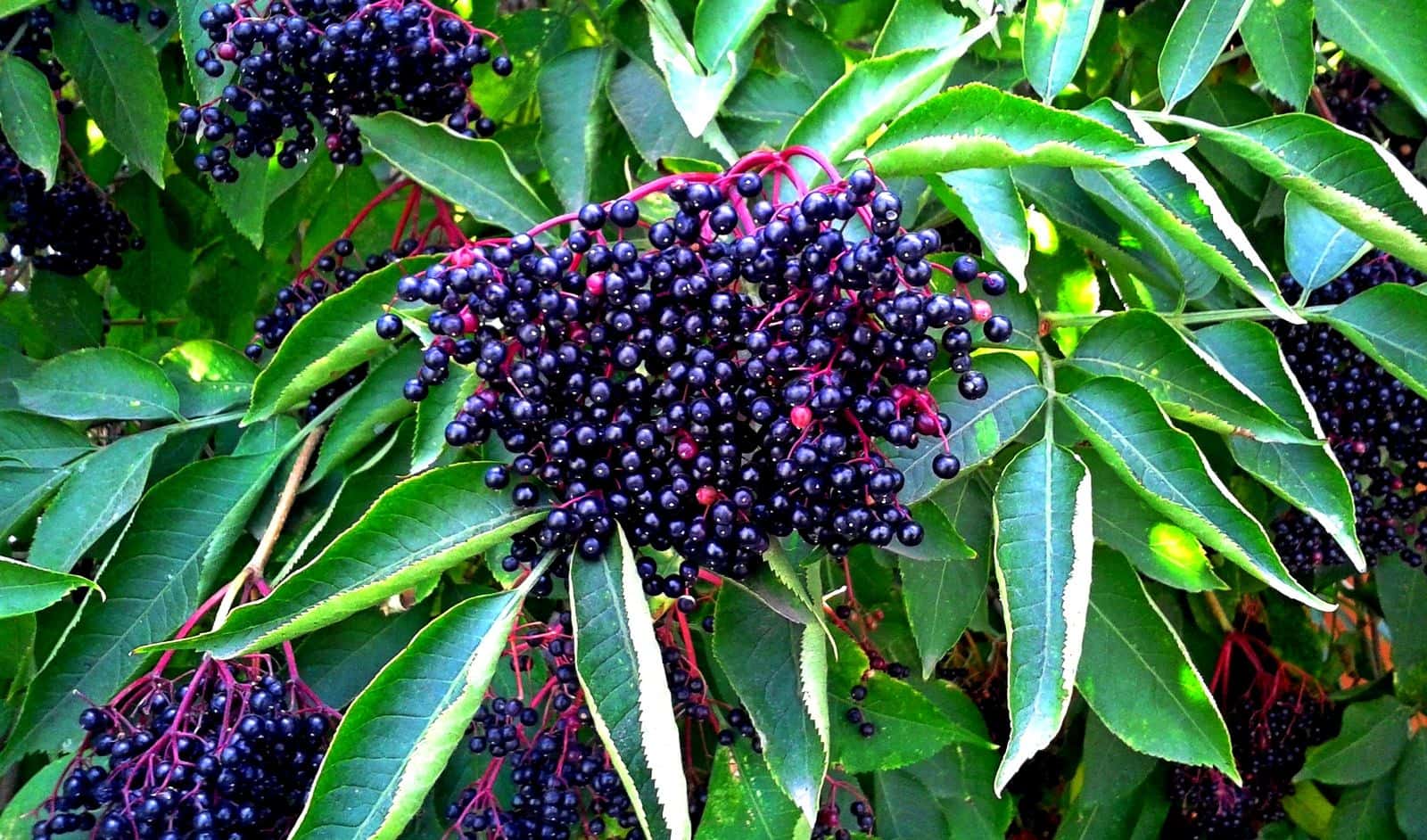
Have you ever looked for a natural cough medicine that you can take until you recover from your cold or bronchitis? Some readers have encountered cold remedies in Europe that they found helpful. When they look for them in the US, however, they are often stymied.
The Hunt for German Cough Medicine:
Q. I am tying to find out how to purchase German Sambucha extra strength cough medicine. It is the only thing that helped me when I was in Germany. I can’t find it anymore.
A. Your question threw us for a loop. We searched high and low for “Sambucha” and came up blank. There is something called sambuca. It is an Italian liqueur. It is sweet and tastes a lot like licorice. We’re pretty sure that is not what you are inquiring about.
Kombucha is a fermented tea beverage. It is made by using a yeast and bacteria culture. We doubt that is what you are seeking either.
Sambucus-Based Cold Medicines:
We suspect you’re looking for the ingredient Sambucus nigra or Sambucus canadensis. These natural ingredients are both known by the common name elderberry. There is evidence that elderberry extract has activity against viruses that cause both influenza and colds (Journal of Functional Foods, March, 2019; BMC Complementary and Alternative Medicine, Feb. 26, 2011).
There are lots of sambucus (elderberry) products available in health foods stores, pharmacies and online under brand names such as Sambucol or Umcka. You can find capsules, syrups, gummies and lozenges. They may not mirror the German cough medicine you are seeking but they may be helpful nevertheless.
Traditionally, people used tea made from dried elder flowers to treat colds and coughs (Herbal Drugs and Phytopharmaceuticals, CRC Press, 1994). We don’t know of any commercial cough medicine containing elder flowers, however. If you harvest and dry elder flowers in the late spring, you can make them into tea throughout the year.
Natural Cough Medicine with Other Ingredients:
One of the difficulties in locating natural cough medicine that works is a dearth of controlled studies. German scientists reviewed the research several years ago and concluded that there is strong evidence that a proprietary mixture of ivy, primrose and thyme works (Forschende Komplementarmedizin, Dec. 14, 2015). They also found strong evidence supporting the efficacy of the Chinese herb Andrographis paniculata.
If you wish to make your own thyme cough medicine, you can find instructions here. You may find that natural cough medicine tastes better than standard drugstore products and can be quite helpful.
Citations
- Torabian G et al, "Anti-influenza activity of elderberry (Sambucus nigra)." Journal of Functional Foods, March, 2019. https://doi.org/10.1016/j.jff.2019.01.031
- Krawitz C et al, " Inhibitory activity of a standardized elderberry liquid extract against clinically-relevant human respiratory bacterial pathogens and influenza A and B viruses." BMC Complementary and Alternative Medicine, Feb. 26, 2011. DOI: 10.1186/1472-6882-11-16
- Wagner L et al, "Herbal medicine for cough: A systematic review and meta-analysis." Forschende Komplementarmedizin, Dec. 14, 2015. DOI: 10.1159/000442111
- Bisset, NG, ed. Herbal Drugs and Phytopharmaceuticals: A handbook for practice on a scientific basis. Translated from the German (Stuttgart 1989). CRC Press, Boca Raton, Ann Arbor, London, Tokyo: 1994. pp.446-447.

